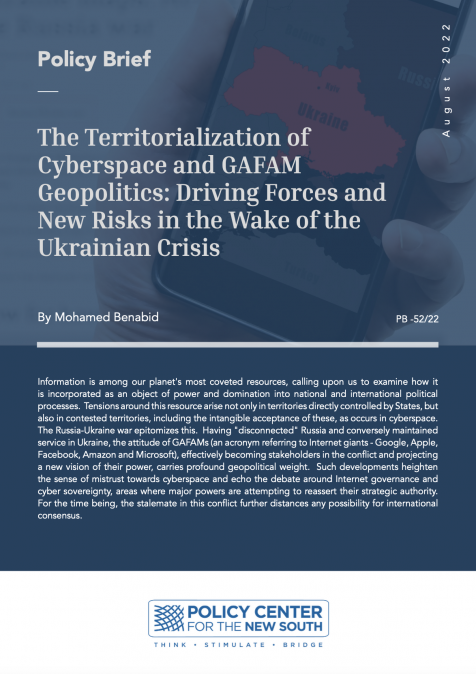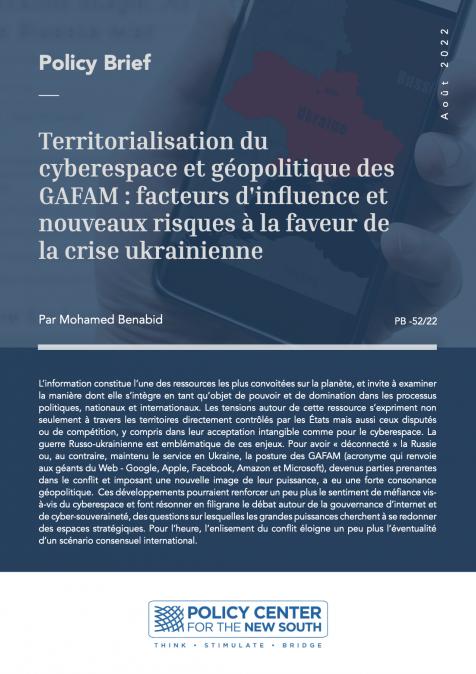Publications /
Policy Paper
Although it has largely gone unnoticed in France, the agreement signed on December 3, 2020 between the European Union (EU) and the Organisation of African, Caribbean and Pacific States (ACP) is a major shift in the long-standing relations between the EU and countries in the Global South. The EU established a development assistance policy as early as the Treaty of Rome in 1957, signed the first cooperation agreement in 1963, and nowadays is often the largest donor to these countries, particularly in Africa. The EU plans to allocate approximately €80 billion to its Neighbourhood, Development and International Cooperation Instrument from 2021 to 2027.
But the EU's development assistance policy has evolved significantly from the Yaoundé Convention in 1963 to the December3, 2020 agreement. When this policy was based on economic developmentalism, it advocated comanagement of development assistance and prioritized infrastructure and integration into international trade, but it has gradually changed paradigm and assumed new approaches. The Cotonou Agreement, signed in 2000, symbolized this change: democratic governance became the new benchmark, and development assistance was coupled with political priorities, major infrastructure projects were replaced by budget support and engineers were replaced by managers. This change has had harmful consequences. On the one hand, the expansion of political objectives coupled to development assistance, the subordination of assistance to European diplomacy, the proliferation of strategic documents and the increase in financial instruments have made the European development assistance policy unclear and incomprehensible. On the other hand, the politicization and bureaucratization of development assistance policy has undermined the principle of comanagement that characterized the European Development Fund.
The management of European aid is becoming less and less partnership-based and increasingly complex, with many governments in the Global South turning away from it and relying on alternative donors. While the prioritization of security and migration policy in European development assistance annoys some partners in the Global South, in Brussels they are criticized for the lack of results from the billions of dollars in assistance provided to them.
As a result, signs of disinterest, or even disagreement, are increasing, sometimes resulting in diplomatic tensions between the EU and the ACP countries.
The agreement of December 3, 2020, which formally ends comanagement of development assistance and no longer makes development the top priority, illustrates this gradual disenchantment between the European donor and the beneficiary countries, and in the coming years it can lead to a partnership without partners.












